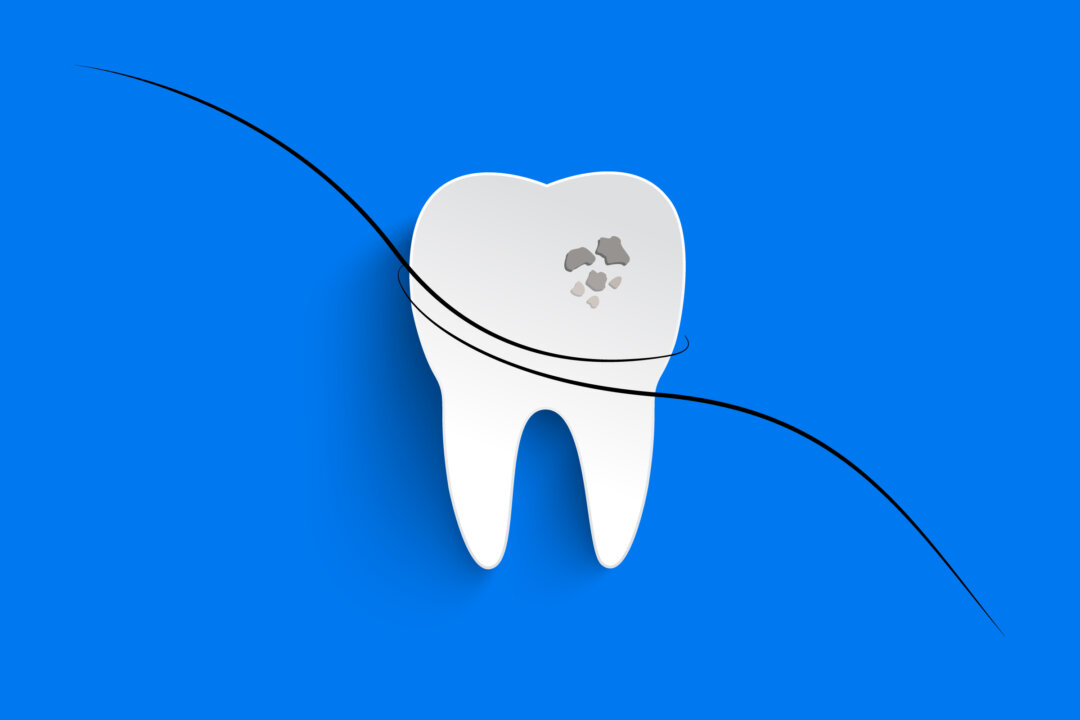Researchers at King’s College London have made a significant breakthrough in dental care with the development of a toothpaste ingredient derived from keratin, the protein commonly found in hair, skin, and wool. This innovative ingredient shows promise in repairing early enamel damage, potentially reducing the need for dental fillings and drilling in the initial stages of tooth decay.
The research indicates that keratin can effectively remineralize teeth, specifically targeting superficial dental caries. In laboratory tests, when keratin extract was applied to teeth, it attracted calcium and other essential minerals. This process helps to rebuild a smooth layer that integrates with the natural enamel of the teeth, enhancing their strength and luster.
Potential Impact on Dental Health
This discovery could transform traditional dental practices, offering a more conservative approach to treating early tooth decay. Currently, the standard procedure for addressing cavities often involves drilling and filling, a process that can be invasive and uncomfortable for patients. With the use of keratin-based toothpaste, individuals may be able to avoid such procedures altogether, leading to a more pleasant dental experience.
According to the study led by researchers at King’s College, the application of keratin could also contribute to improved oral hygiene. By strengthening enamel and repairing early damage, this new toothpaste ingredient could help prevent the progression of cavities, ultimately reducing the incidence of dental issues.
Future of Dental Products
The findings from this research open the door to further exploration of keratin’s potential in oral care products. If commercialized, toothpaste containing keratin could become a staple in daily dental routines, offering a natural and effective solution to maintaining dental health. The researchers are optimistic about the future of this innovation, which may lead to healthier teeth for millions across the globe.
As dental care evolves, the integration of natural ingredients like keratin reflects a growing trend towards utilizing biomaterials in health products. This could not only enhance the effectiveness of oral hygiene practices but also align with consumer preferences for more natural and sustainable products.
In summary, the development of keratin-based toothpaste by King’s College London represents a promising advancement in dental care. By potentially eliminating the need for fillings in early decay stages, this innovation could change how dental health is approached, making oral care more effective and less invasive for patients.
